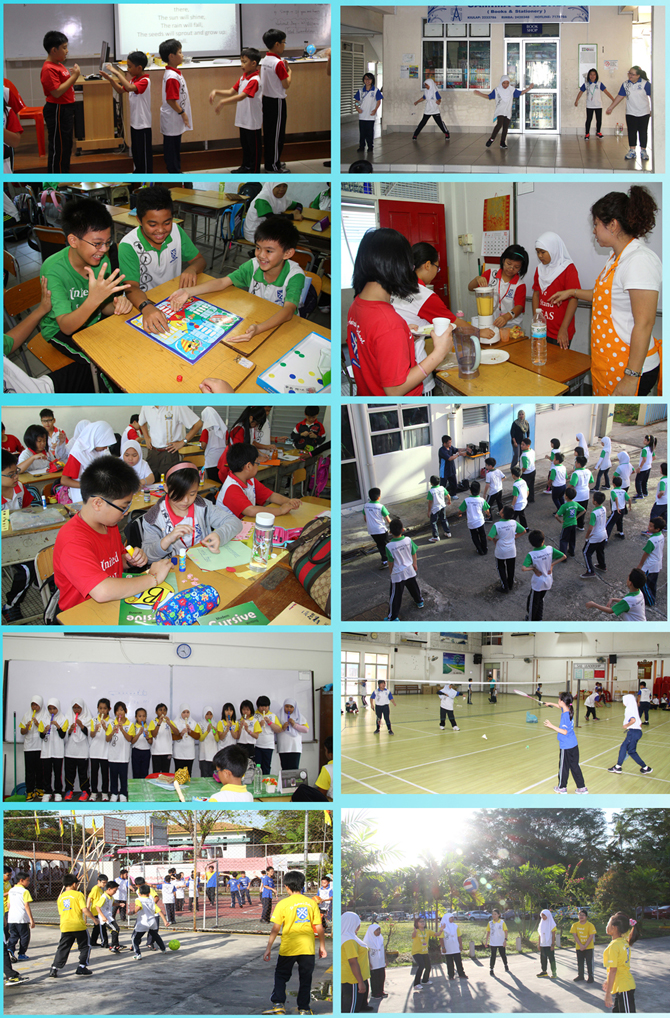THE Ministry of Education’s plan to include participation in co-curricular activities as one of the criteria in awarding government scholarships shows the government’s ever growing commitment in improving educational quality to develop quality human resources in an effort to speed up social change, and shape a population that is productive and to become movers of a modern economy.
Co-curricular activities — what colleges used to call extra-curricular activities — develop leadership, time management, teamwork, interpersonal communication, and other skills the employers may value when making hiring choices. These experiences and activities outside of the classroom are directly related to their career development in the future. In essence, the co-curricular programming promotes students participation in activities that supplement developmental goals through issue-oriented and educational programmes, and skill-building opportunities. In these settings, the students can learn a wide range of professional, leadership, and life skills.
The school holds Co-curricular Activities on Thursdays (for Upper Primary) and Saturdays (for Lower Primary and Secondary). The clubs are listed below.
Upper Primary
A. Academic Clubs
- English Club
- Mathematics Club
- Science Club
- Kelab Bahasa Melayu
B. Recreational Clubs
- Home Science Club
- Drama Club
- Green Club
- Handicraft Club
C. Games / Sport Clubs
- Aerodance Club
- Badminton Club
- Basketball Club
- Futsal (for boys) / Netball (for girls)
Secondary
A. Uniformed Societies
- Police Cadet
- Boy Scouts
- Girl Guides
- Red Crescent
B. Academic Clubs
- English Club
- Mathematics Club
- Energy & Environment Club
- Kelab Budaya Melayu
- Badan Ugama Islam
C. Recreational Clubs
- Art and Craft
- Choir Club
- Dance / Drama Club
- Music Club
- Home Science Club
- Teenage Fellowship
D. Sport / Games Clubs
- Badminton Club
- Basketball Club
- Futsal Club
- Netball Club
- Table Tennis Club
Lower Primary
A. Academic Clubs
- Kelab Bahasa Melayu
- Maths/Science/ICT Club
- English / Drama Club
B. Recreational Clubs
- Art & Craft Club
- Singing / Dancing Club
C. Games / Sport Clubs
- Netball Club
- Futsal Club
- Badminton Club
- Board Games
Sports and Recreation
Through the Physical Education (P.E.) programmes, students develop an understanding of the importance of physical well-being. It also widens their experience in physical activities and develops group co-operation, communication and physical fitness.


